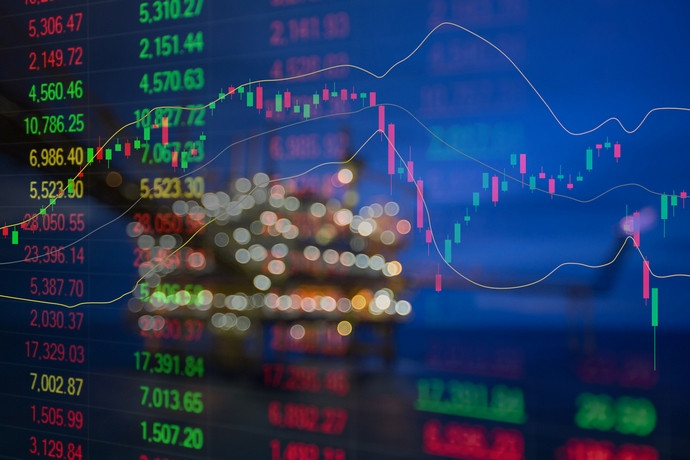
Today, participants of the stock markets in the Asia-Pacific region are in a good mood. Most indices showed a rise and there is still hope for a more rapid economic recovery. At least, all governments of the world are doing their best to accelerate economic rise by means of the stimulus measures.
The Nikkei 225 index jumped by 1.7%. Car producers are among the leaders. Thus, shares of Nissan Motor Co increased by 5.4% whereas shares of Suzuki Motor Corp gained 5.1%. At the same time, shares of Mitsubishi Motors Corp climbed by 4.2%. J. Front Retailing Co. Ltd showed the most significant growth. Its shares soared by 6.9%.
SoftBank Group Corp. also demonstrated a confident rise of 2.5% to reach its highest levels.
The Shanghai composite soared by 5.2% while the Hang Seng index shower weaker performance and grew by 3.11%. The leaders of the Chinese market are shares of China's insurance company Life Insurance Co. and car manufacturer Geely Automobile Holdings Ltd., which rose in value by 10.3% and 8.3%, respectively. Following them, the shares of the chip manufacturing Corporation AAC Technologies Holdings Inc. went up by 8%.
South Korea's Kospi index was 1.68% higher in the morning. LG Electronics (5.2%) and carmaker Kia Motors Corp showed the most significant growth (2.6%).
Australia's S&P/ASX 200 index went against the overall positive trend and declined by 0.42%. At the same time, the most significant drop was recorded in the mining sector: shares of BP Group fell by 1.5% and Rio Tinto shares declined by 1.1%.
Two different factors continue to put pressure on the stock market. On the one hand, the number of new coronavirus cases is catastrophically increasing. On the other hand, strong and encouraging statistics on economic growth was published. Investors have to balance between these two poles. So far, there has been more positive news, but the situation is unstable and may change at any moment.
Meanwhile, the current week is expected to be really important for market participants. They are waiting for decisions from the central banks of Australia and Malaysia on the key interest rate. According to preliminary forecasts, the Australian regulator will leave the key interest rate at the same low level of 0.25%. But, the main Malaysian regulator may lower the benchmark rate. The key aim is to maintain and increase the pace of economic recovery of the countries.
At the same time, the stock market is responding well to the news about the continued gradual lifting of the quarantine measures on the territory of some states. All this should have a positive impact on the recovery of business activity. However, it is not necessary to wait for a serious jump in this indicator. It will hardly be a V-shaped rise.
Stock markets in Europe were also exposed to positive emotions and showed quite significant growth in almost all areas.
Market participants mainly focused on the prospects of a speedy recovery of the region's economy. At the same time, an increase in the number of new COVID-19 patients does fear investors who are focused on positive statistics.
The STOXX Europe 600 index of businesses in the European region jumped by 1.54% to 371.07 points.
The UK's FTSE 100 index was up by 2.08%. Germany's DAX index rose by 1.9%. France's CAC index jumped by 1.77%. Italy's FTSE MIB index gained 1.94%. The leader was Spain's IBEX 35 index which increased immediately by 2.61%.
The positive market mood was caused, first of all, by the news that the drug against the coronavirus infection, created in the United States by Gilead Sciences Inc., passed all stages of testing and was approved for the treatment.
Moreover, the UK is expected to provide the COVID-19 vaccine in the near future. The vaccine is being developed by two companies – Sanofi and GlaxoSmithKline.
The number of people infected with the coronavirus continues to grow rapidly. So, over the last Saturday, their number increased by 200 thousand, as reported by the World Health Organization. Most of the new cases were recorded in the territory of North and South America.
All this may be a sign of a second wave of the pandemic that threatens to impose restrictive measures again.
Meanwhile, statistical data from the European region is quite positive. Thus, the overall level of orders from the German industrial enterprises in the last month of spring increased by 10.4%, which demonstrates a jump in business activity. In addition, this was the highest rate of recovery in the last 45 years. At the same time, preliminary forecasts slightly exceeded the final data.
Today, attention of market participants will also be focused on the publication of the retail sales data in the eurozone.





















